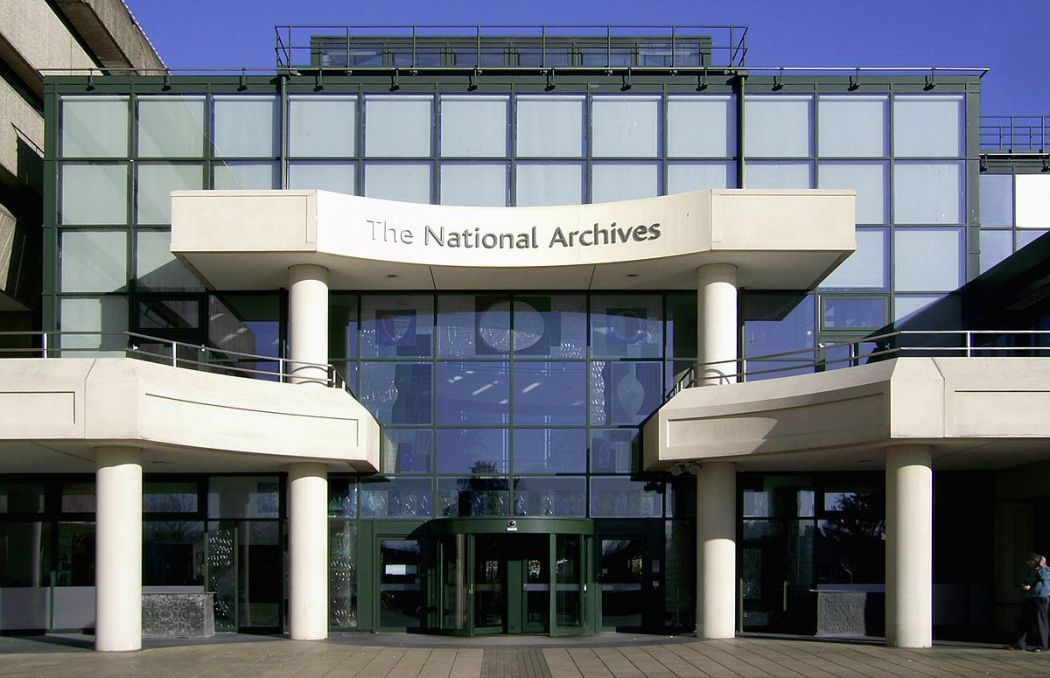The Law Reform Commission has launched a three-month consultation into how the public gains access to information held by the Hong Kong government.
The LRC’s Access to Information sub-committee on Thursday recommended new legislation, which would also penalise those who alter, erase, destroy or conceal records with the intent to prevent disclosure.

“The existing access to information regime… is an effective and cost-efficient way of dealing with access to information requests,” the paper stated.
“Nonetheless… we recommend that legislation should be introduced to implement an access to information regime with statutory backing.”
Since 1995, the Hong Kong government has followed its Code on Access to Information when dealing with disclosure requests. The code is administrative and has no legal force.
Researchers and activists have campaigned for an access to information law – along with an archives law – which they argued would make government decision-making more transparent and accountable.

According to the consultation paper, the Hong Kong government received 6,103 requests for information in 2017, and 5,000 of them were met in full. Only 146 requests were outright refused.
Criminal liability, with exemptions
Chairman of the sub-committee Russell Coleman said on Thursday that an access of information law should come with criminal sanctions.
“We recommend that where a request for information has been made to a public body, it should be an offence to alter, erase, destroy or conceal records with intent to prevent disclosure of records or information,” Coleman said.
The consultation paper did not recommend specific penalties, but Coleman noted that the maximum fine imposed in the United Kingdom was 5,000 pounds (around HK$50,000).

The sub-committee also recommended a three-stage appeal process. If an access to information request is refused, an applicant can first have the decision reviewed by another officer, then by the Office of the Ombudsman, and finally by the court.
Asked about the disclosure of politically sensitive information – such as the police’s use of tear gas in the Umbrella Movement or Victor Mallet’s visal denial – Coleman said that some information would fall under exemptions.
Information that enjoys “absolute exemption” include court records, defence and security, immigration, and law enforcement. In those cases, the government does not have to consider if there is public interest in favour of disclosure.
Information that enjoys “qualified exemption” include health and safety, management of the economy, damage to the environment, business affairs and public appointments. On those topics, the government must assess the balance of public interest for and against disclosure.
Nevertheless, Coleman said that the consultation paper was not about taking a political stance, and if applicants were denied information deemed politically sensitive, they could still make use of the appeal process.

The Ombudsman should be responsible for enforcing the access to information law, the sub-committee added.
On Thursday, a separate sub-committee also published a paper on an archives law, which will also conduct a concurrent public consultation.
Information Technology Sector lawmaker Charles Mok said the paper on access to information law had “relatively clear” and “proactive” recommendations, especially on the need for legislation and criminal penalties.
Mok added that the government should set up a timetable and legislate archives law and access to information law together.
